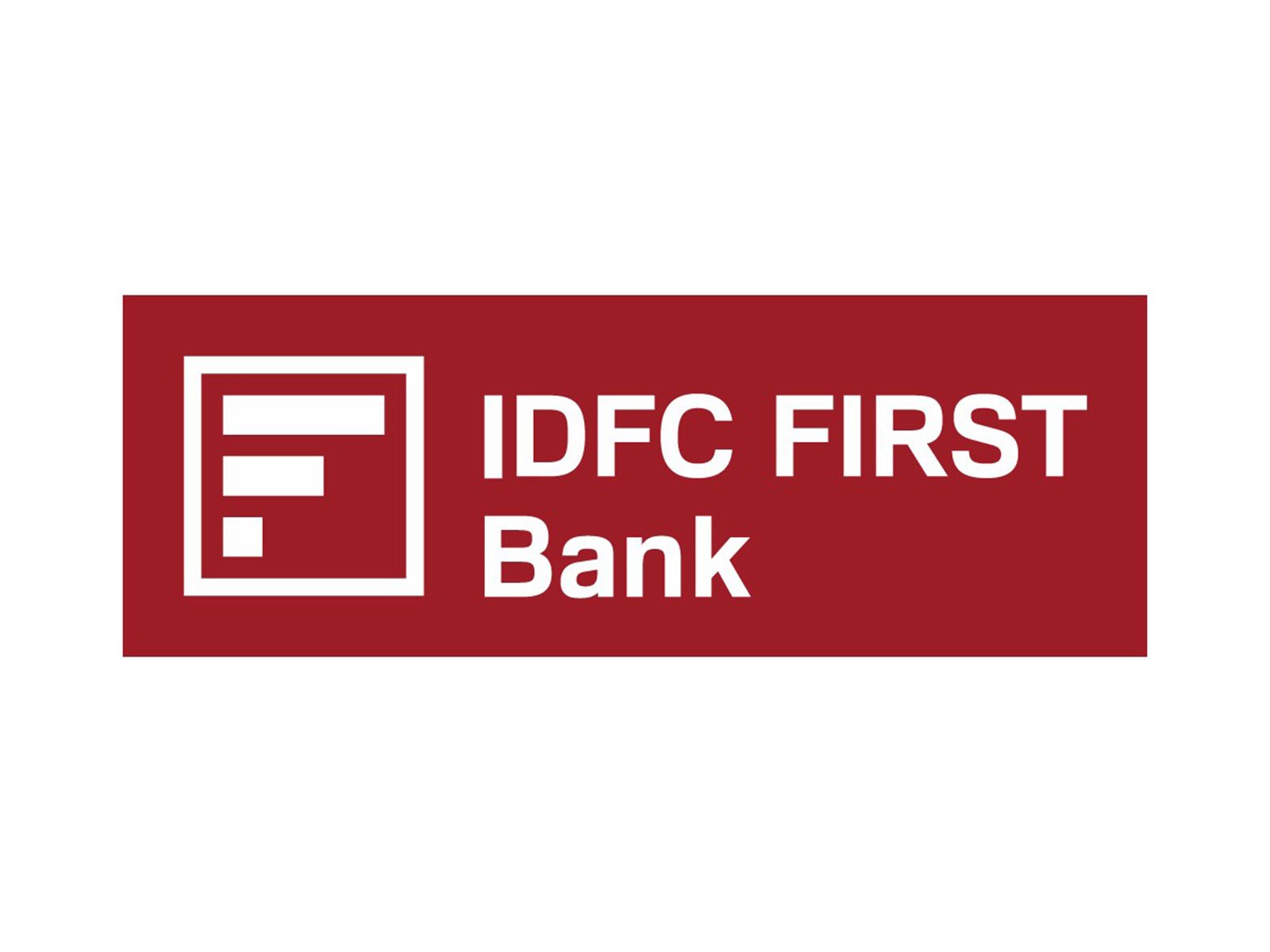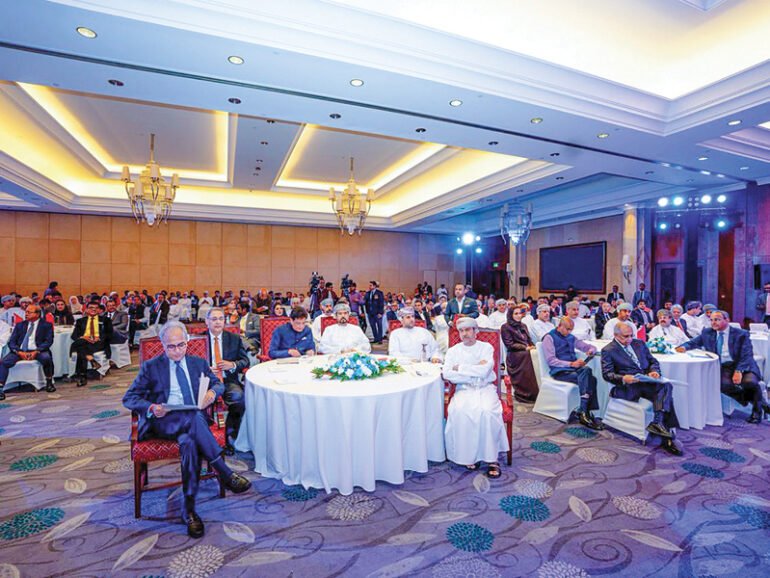It’s important for NRIs to understand the process and requirements involved in investing in Indian stocks. The information you’ve provided covers various aspects of opening and using these accounts, as well as the rules and regulations that NRIs need to adhere to:
Eligibility Criteria and Account Types: NRIs need to open demat and trading accounts to invest in Indian stocks. They can invest on a repatriable or non-repatriable basis. Repatriable investments allow the proceeds to be transferred outside India, requiring an NRE savings account. Non-repatriable investments have restrictions on transferring money outside India and necessitate an NRO savings account.
Portfolio Investment Scheme (PIS): NRIs can invest through the Portfolio Investment Scheme (PIS), which enables them to buy and sell shares of Indian companies on recognized stock exchanges using their NRE or NRO accounts. The PIS-enabled NRE account needs to be linked with the demat and trading accounts for stock trading.
Investment Options: NRIs can invest in stocks, bonds, IPOs, NCDs, and Esops through their NRE/NRO accounts. They can also invest in mutual funds using their NRE/NRO accounts after completing the KYC process.
Taxation: NRIs are subject to capital gains tax and dividend income tax, similar to resident investors. The tax rate for dividend income is 20%, subject to the Double Taxation Avoidance Agreement (DTAA), if applicable. After tax deductions, the funds are credited to the respective NRE/NRO accounts.
It’s important for NRIs to work with authorized dealers and banks that are approved by the Reserve Bank of India (RBI) to ensure compliance with all regulations.
Required Documents: NRIs need to provide various documents, including an account opening form, PAN card, passport, OCI/PIO status, foreign and Indian address proof, a canceled cheque of NRE/NRO account, and passport-size photos. These documents need to be self-attested and verified by appropriate authorities.
Charges and Fees: NRIs are charged various fees for trading accounts, including account opening fees, brokerage charges, platform access fees, call and trade fees, exchange transaction charges, stamp duty fees, GST, Sebi charges, and more.
Investment Limits: NRIs are limited to investing up to 10% of a company’s paid-up capital. Demat and trading accounts act as intermediaries between bank accounts and investment tools like equity shares and bonds.
Demat Accounts for Mutual Funds: Unlike other securities, mutual funds can be invested in without the need for a demat account.
It’s important for NRIs to work with authorized dealers and banks that are approved by the Reserve Bank of India (RBI) to ensure compliance with all regulations.
*****************************************************
Readers
These are extraordinary times. All of us have to rely on high-impact, trustworthy journalism. And this is especially true of the Indian Diaspora. Members of the Indian community overseas cannot be fed with inaccurate news.
Pravasi Samwad is a venture that has no shareholders. It is the result of an impassioned initiative of a handful of Indian journalists spread around the world. We have taken the small step forward with the pledge to provide news with accuracy, free from political and commercial influence. Our aim is to keep you, our readers, informed about developments at ‘home’ and across the world that affect you.
Please help us to keep our journalism independent and free.
In these difficult times, to run a news website requires finances. While every contribution, big or small, will makes a difference, we request our readers to put us in touch with advertisers worldwide. It will be a great help.
For more information: pravasisamwad00@gmail.com










